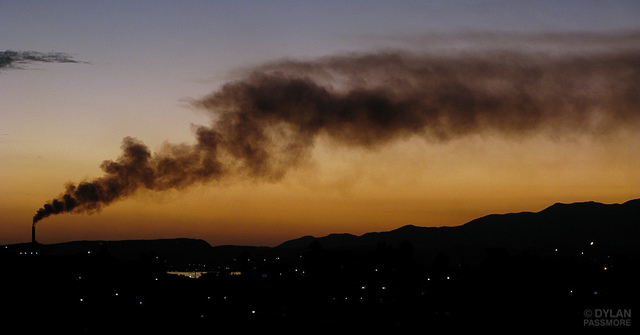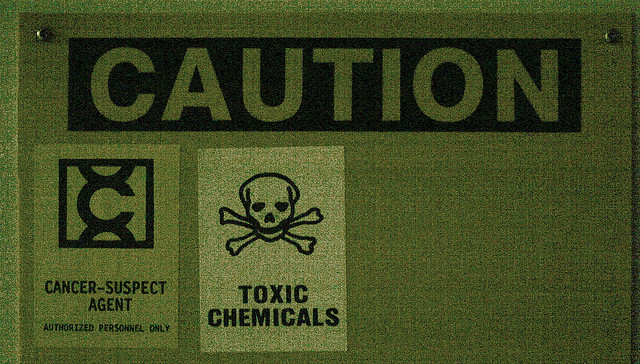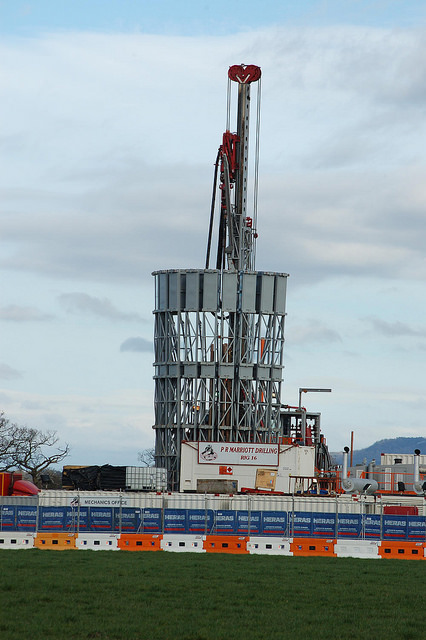The Resource Conservation and Recovery Act (RCRA) and its state counterparts provide requirements to govern hazardous wastes during every step of their management, from “cradle to grave.” Although these rules are intended to improve management and provide incentives for recycling and other beneficial uses of hazardous wastes, many organizations find many of the rules unnecessarily onerous – and therefore potentially counterproductive if they actually discourage beneficial activities. In addition, over time changes in technologies, commercial activities and regulatory priorities reveal gaps in existing rules. In January, the Environmental Protection Agency (EPA) revised its “Definition of Solid Waste” rules governing a number of potentially hazardous wastes that it instead considers to be “hazardous secondary materials”, and the range of recycling and recovery activities eligible for special regulatory considerations. The revisions become effective on July 13, 2015.
Audit, Compliance and Risk Blog
Tags: Environmental risks, Environmental, EPA, Hazcom, RCRA
After a facility determines it has generated hazardous waste, it must determine how to manage that waste in compliance with the federal Resource Conservation and Recovery Act of 1976 (RCRA), regulations issued by the US Environmental Protection Agency (EPA), and their state equivalents. (I recently wrote about hazardous waste determination, here and here).
Tags: Corporate Governance, Health & Safety, Environmental, EHS, EPA, Hazcom, RCRA
EPA Proposes Stricter Standards For Ground Level Ozone in Ambient Air
Posted by Jon Elliott on Mon, Jan 19, 2015
The Clean Air Act (CAA) requires the Environmental Protection Agency (EPA) to create a list of air pollutants based on emissions that cause or contribute to air pollution that may reasonably be anticipated to endanger public health or welfare. EPA also sets air quality criteria for acceptable concentrations in ambient air, referred to as National Ambient Air Quality Standards (NAAQS).
Tags: Environmental risks, Environmental, EPA, Greenhouse Gas, ghg, climate change
Hazardous Chemicals: Our Communities Have the Right to Know
Posted by STP Editorial Team on Wed, Jan 14, 2015
Our communities have the right to know when they are at risk of exposure to dangerous substances from accidental releases such as, but not limited to, chlorine, ammonia, hydrochloric acid, and sulfur dioxide. The US Environmental Protection Agency (EPA) agrees. In 1986 EPA created the Emergency Planning and Community Right-to-Know Act (EPCRA) to help communities plan for just such emergencies. EPCRA requires that federal, state, and local governments, Indian tribes, and industries be prepared for hazardous chemical emergencies. It also requires facilities to follow all recordkeeping requirements and report the storage, use, and release of hazardous chemicals to federal, state, and local governments.
Tags: Corporate Governance, Business & Legal, Employer Best Practices, Health & Safety, Employee Rights, Environmental risks, Environmental, EHS, EPA, Hazcom
To Frack Or Not To Frack? California and New York Provide Opposite Answers
Posted by Jon Elliott on Mon, Dec 22, 2014
Many readers will know that political and legal regulatory developments have lagged the technical developments in hydraulic fracturing and other enhanced oil and gas recovery techniques – “fracking.” Some jurisdictions focus on the jobs and taxes that result from resource extraction, while others focus on the potential environmental hazards. As 2015 begins, we find California and New York – which typically agree on significant environmental policy questions – adopting opposite responses.
Tags: Business & Legal, Environmental risks, EPA, ghg, fracking, hydraulic fracking
Chemical Safety Board Recommends Better Process Safety Management
Posted by Jon Elliott on Mon, Dec 15, 2014
Within the U.S., most chemical safety requirements are imposed by the Occupational Safety and Health Administration OSHA) and the Environmental Protection Agency (EPA). For example, OSHA (or delegated state agencies) administers a Process Safety Management (PSM) Standard, while EPA (or delegated state agencies) administers the Accidental Release Prevention (ARP) regulation. In addition to these sets of regulators, however, Congress has created a national agency to conduct independent investigations of major chemical accidents, and to issue accident-specific findings and specific or general recommendations for improved chemical handling and regulation. This agency’s formal name is the Chemical Safety and Hazard Investigation Board—which usually refers to itself as the Chemical Safety Board or CSB.
Tags: Corporate Governance, Business & Legal, Health & Safety, OSHA, Environmental risks, Environmental, EPA, Hazcom
Waste Identification Part I: Is My Material A “Solid” “Waste”?
Posted by Jon Elliott on Mon, Dec 01, 2014
Federal and state laws govern “hazardous wastes”—the federal law is commonly called RCRA, after the Resource Conservation and Recovery Act of 1976. However, RCRA itself was enacted as an expansion of the prior Solid Waste Disposal Act (SWDA) of 1965, and requirements for both solid and hazardous wastes have been revised many times in recent decades. The US Environmental Protection Agency (EPA) administers these requirements nationally, delegating many provisions to individual states that qualify for authorization to assume regulatory roles.
Tags: Business & Legal, Health & Safety, Environmental risks, Environmental, EPA, Hazcom, RCRA
Strategic planners around the world are preparing “climate change adaptation plans,” designed to identify their organization’s key activities and missions, evaluate how climate change might affect them, and develop organizational changes designed to anticipate and adapt in ways that preserve the organization’s performance. On October 31, the US Environmental Protection Agency (EPA) issued its own Climate Change Adaptation Plan. EPA’s divisions (Water, Air and Radiation, etc.) and 10 regional offices also issued plans covering their activities. These Plans provides a collective model for multi-level organizational plans, and also tell organizations in the US what help to expect from EPA when they plan for their own adaptations to climate change.
Tags: Corporate Governance, Business & Legal, Environmental risks, Environmental, EHS, EPA, Greenhouse Gas, climate change
Important Clean Air Act (CAA) elements direct the US Environmental Protection Agency (EPA) to reduce emissions of hazardous air pollutants (HAPs). Unlike the conventional pollutants associated with regional problems such as smog or acid rain, HAPs represent a list of 187 specific air toxics that can be harmful in low concentrations in much smaller areas. HAPs are subject to tighter controls and lower permitting thresholds.
Tags: Business & Legal, Health & Safety, Environmental risks, Environmental, EHS, EPA, Greenhouse Gas, ghg, Hazcom, mact
EPA May Require Spill Prevention, Control and Countermeasure Plan
Posted by Jon Elliott on Mon, Sep 08, 2014
The Clean Water Act (CWA), as amended after the Exxon Valdez spill by the Oil Pollution Act of 1990, imposes oil spill planning requirements on onshore and offshore facilities involved in the handling and transport of oil. These facilities may be required to prepare and implement a Spill Prevention, Control and Countermeasure (SPCC) Plan (and perhaps a more detailed Facility Response Plan). During 2001-2011, EPA adopted a series of significant changes to its SPCC Plan regulations, requiring compliance by most facilities no later than November 10, 2011.
Tags: Business & Legal, Health & Safety, OSHA, Environmental risks, EHS, EPA, Underground Storage Tanks










